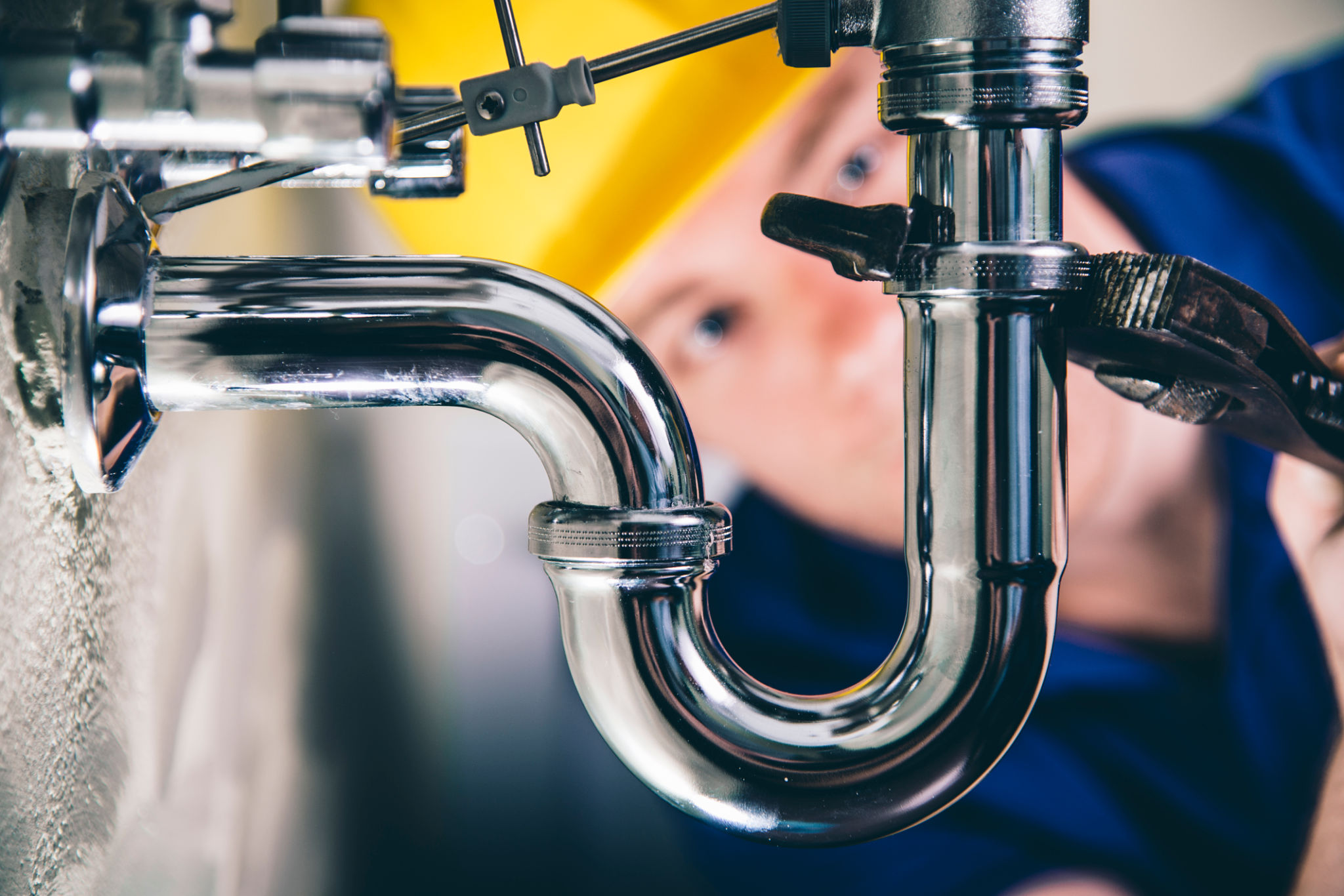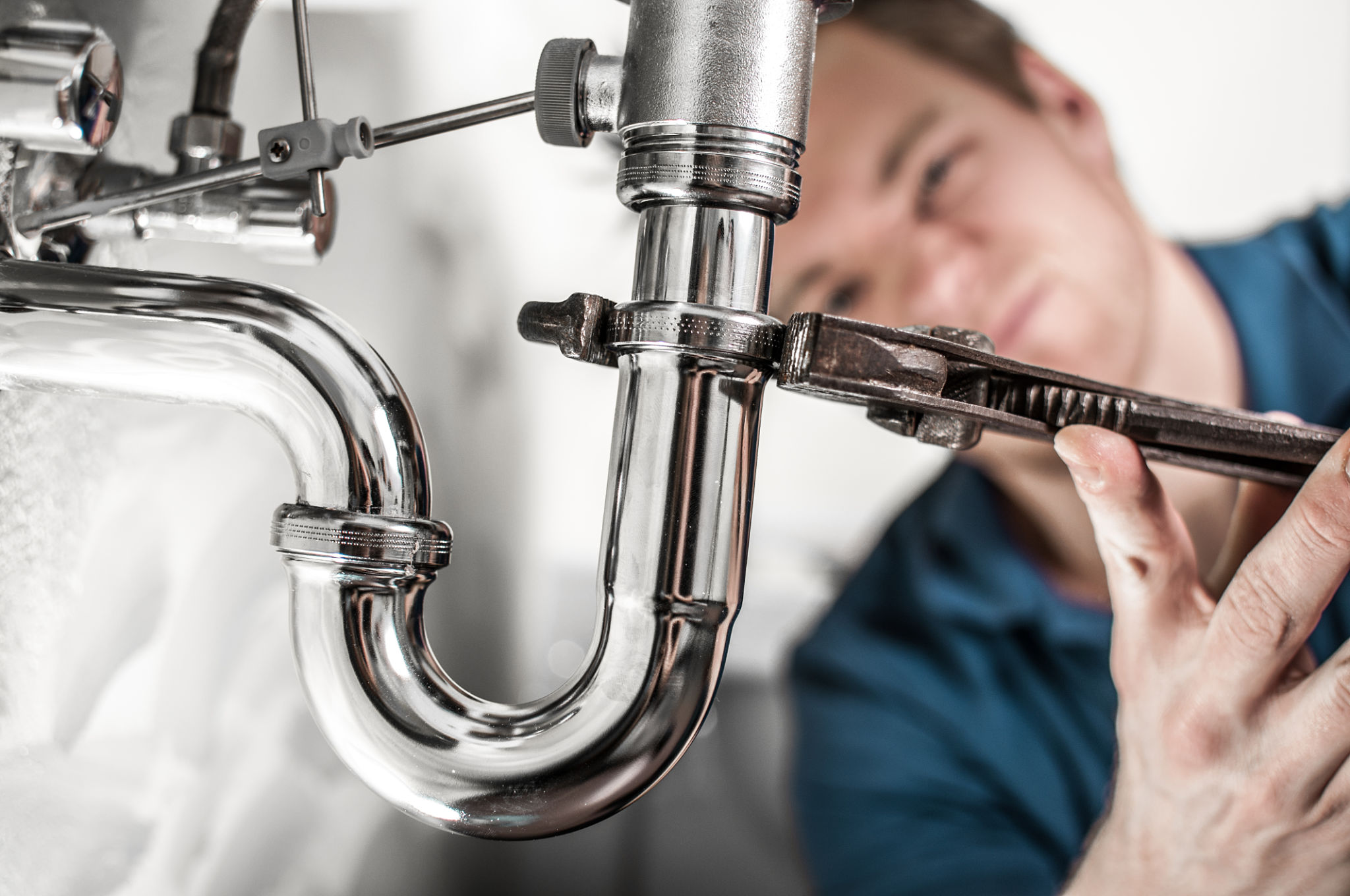The Ultimate Guide to Cesspool Maintenance: Keep Your System Running Smoothly
Understanding Cesspool Systems
Cesspools are underground storage systems primarily used for the disposal of sewage. Unlike septic tanks, they don't treat wastewater but rather hold it, allowing solids to settle at the bottom while liquids seep into the surrounding soil. Proper maintenance is crucial to ensure they function effectively and do not pose environmental hazards.

Why Regular Maintenance Matters
Regular maintenance of your cesspool system is essential to prevent overflows and costly repairs. A neglected cesspool can lead to severe problems such as groundwater contamination, unpleasant odors, and system failure. Routine check-ups help in identifying issues early, ensuring your system runs smoothly.
Preventing System Overload
One of the primary challenges with cesspools is their susceptibility to becoming overloaded. This occurs when the volume of waste exceeds the system's capacity, leading to backups and potential leaks. To prevent this, it's important to monitor water usage and be mindful of what goes down the drain.

Signs Your Cesspool Needs Attention
Recognizing the signs of a failing cesspool can save you from significant headaches. Some indicators include slow drains, gurgling sounds in plumbing fixtures, and wet spots in your yard near the cesspool location. If you notice any of these signs, it might be time for a professional inspection.
Regular Pumping Schedule
Establishing a regular pumping schedule is vital for cesspool maintenance. Most systems require pumping every three to five years, depending on usage and household size. Regular pumping helps avoid solids buildup, which can lead to clogs and overflow.

DIY Maintenance Tips
While professional inspections are recommended, there are several steps homeowners can take to maintain their cesspool systems. Avoid flushing non-biodegradable items, use water efficiently, and regularly inspect the area around the cesspool for any signs of trouble.
Choosing the Right Professional
When it's time for professional maintenance or repairs, selecting a qualified technician is crucial. Look for licensed experts who have experience with cesspool systems and ask for recommendations from neighbors or online reviews. A reliable professional can provide peace of mind and ensure your system operates efficiently.

Environmental Considerations
Cesspools can have environmental impacts if not maintained properly. Contaminated groundwater can harm local ecosystems and affect drinking water sources. By adhering to a regular maintenance schedule and addressing issues promptly, you contribute to environmental conservation.
In conclusion, maintaining your cesspool system requires diligence and regular care. By understanding its operation, recognizing signs of potential issues, and enlisting the help of professionals when needed, you can keep your system running smoothly for years to come.